Do you want to use your cancer experience as a teen and young adult Lymphoma Survivor to help others?
The Purpose of this Study
The Purpose of this Study
is to understand more about how the world that teen and young adult lymphoma survivors live in affects the outcomes of their cancer treatment. We call this field of research social genomics, and it takes a close look at why and how different factors like social stress, conflict, and isolation can impact cancer diagnoses and outcomes.
is to understand more about how the world that teen and young adult lymphoma survivors live in affects the outcomes of their cancer treatment. We call this field of research social genomics, and it takes a close look at why and how different factors like social stress, conflict, and isolation can impact cancer diagnoses and outcomes.
Simply put, we need your help!
You can help other young adults diagnosed with cancer if you:
✓ Are between the ages of 18 - 39
✓ Have completed treatment for Hodgkin or Non-Hodgkin Lymphoma
Why is this study being done?
To answer the following questions:
→ How do life circumstances and mental health affect human gene activity and health outcomes for adolescent and young adult cancer survivors?
→ Do differences in life circumstances or mental health contribute to differences in gene activity and health outcomes for some AYAs after completion of cancer treatment?
We want to find out how to improve care for adolescents and young adults diagnosed with and treated for cancer. Our study may inform future research and care by identifying who may be at increased risks for long-term late effects and medical problems associated with cancer treatment.
What are the study's goals?
→ Help develop approaches that improve the mental and physical quality of life for patients and survivors
→ Help create more effective treatment and better survivorship care for young adult cancer patients
Videos
Social Genomics of AYA Cancer
What is Social Genomics?
Informed Consent
Blood Draw
Thank You
After you complete treatment
Life after treatment can be a time of major transition: transition to new schedules, to new stressors, to new freedoms, and to possible effects of treatment. Though finishing treatment is definitely something to celebrate, it can also be a time of fear, uncertainty and a lot of questions. Many of these issues are specific to you as an AYA patient. As a young person who completed treatment, you may also be dealing with issues around work, school, housing, finances, body image, sexual health and relationships, friendships and more.
We want you to know that you’re not a alone and that it is really normal to struggle with this transition to life after cancer treatment. There’s a lot of great help and some cool resources out there for you, but it can feel overwhelming to figure out what you need and how to get it. Reach out to your treatment team and hospital social worker to ask questions and to get more info!
After you take our surveys
We appreciate your willingness to participate in this study. If you have any questions about completing the surveys, please contact the Outcomes and Economics Assessment Unit at the number or email at the end of the survey.
We know that some of the questions we ask in our surveys may trigger traumatic or stressful memories, feelings, and/or responses. Your well-being is important to us. We want to share information with you about a resource called The Lifeline Hotline. The Lifeline hotline and chat service are available to anyone who may be needing support through a difficult time. If you or anyone you know are ever feeling depressed, anxious, upset, or are just needing to speak to a professional hotline counselor, it is always okay to contact them either at their:
Contact Info:
Hotline number:
800-273-8255
Online chat: https://988lifeline.org/chat/
Lifeline is there to help and is available for you 24 hours a day /7 days a week/365 days a year.


